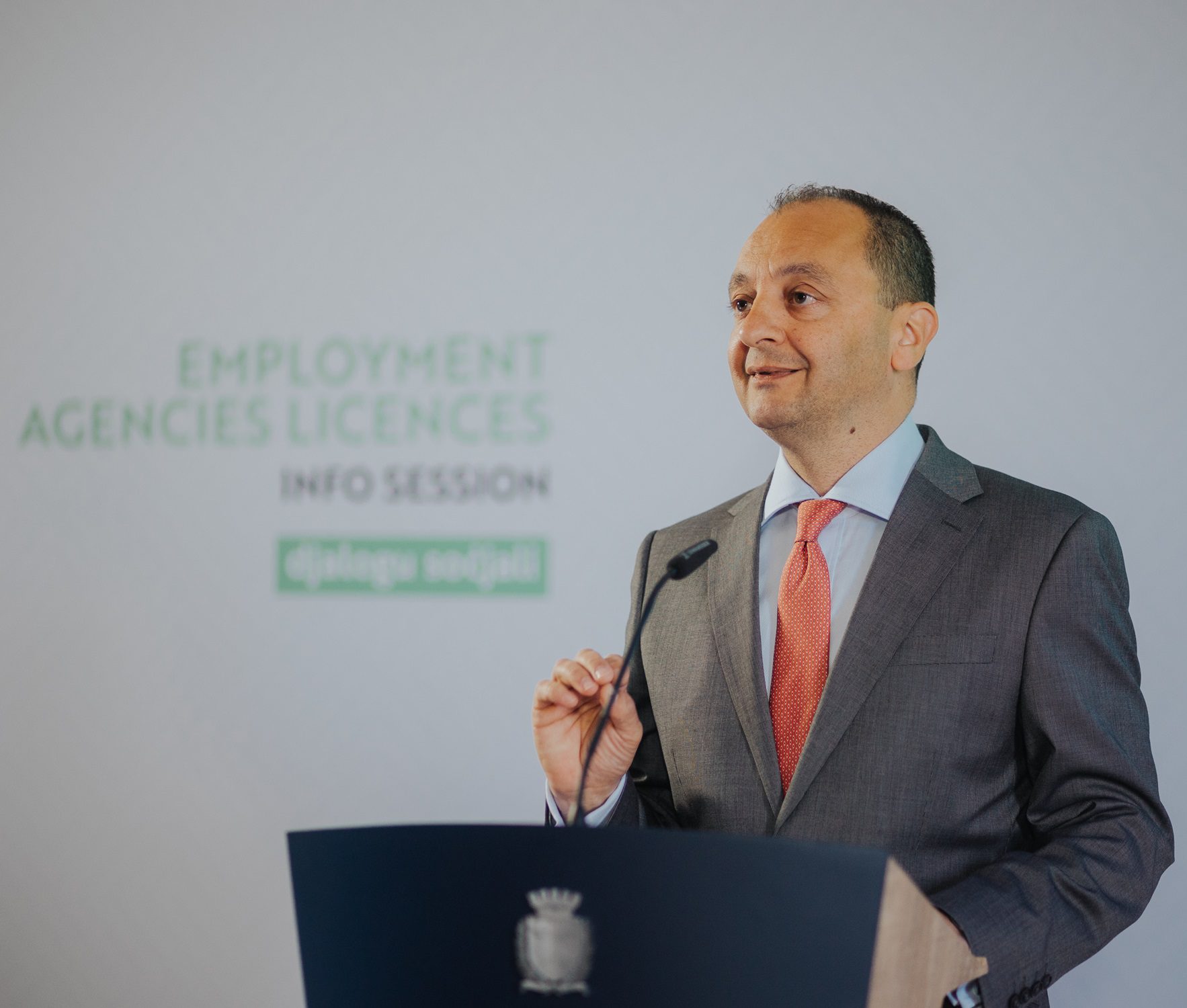A concerning 46 per cent of foreign investors believe Malta is not attractive for investment, according to this year’s edition of EY Malta’s Attractiveness Survey.
This figure represents a rather dramatic increase on the 25 per cent recorded in 2020, and gives a damning indictment of the reputational damage suffered by Malta with its greylisting by the Financial Action Task Force (FATF) this year.
Worse still, only 37 per cent of investors view Malta as attractive, down from 62 per cent in 2020.
These results were revealed the 17th edition of an annual survey conducted among existing FDI companies in Malta, released on Tuesday, which also provided investor insights on what makes Malta and attractive location to invest, and some rooms for improvement.
It also provided a comprehensive outlook on the outlook of the business community in light of the ruinous COVID pandemic and the greylisting.
On greylisting, a large majority of businesses (84 per cent) believe it will lead to reputational damage, and over half (55 per cent) predict it would make doing business in Malta more difficult.
Notwithstanding these difficulties, three quarters (77 per cent) of business surveyed believe their long-term future is in Malta.
The perspective of companies regarding COVID seems to have improved slightly between 2020 and 2021, as the number of companies reporting having been negatively impact by COVID dropped, and over half of companies now expect to make a full recovery to 2019 levels in less than a year.
Notably, corporate taxation continues to score highly on Malta’s FDI attractiveness scoreboard, with 67 per cent of respondents saying it was the most attractive element of the jurisdiction.
A total of 17 per cent of businesses cited the stability and transparency of the legal, political and regulatory environment as the most attractive, making it the least attractive Foreign Direct Investment (FDI) parameter.
Broadly speaking, companies are finding it harder to acquire required skilled staff, with only 31 per cent finding the required specialised skills, down from 38 per cent in 2020, though up on the 27 per cent recorded in 2019.
Staff retention levels have also sunk to pre-pandemic levels, with 78 per cent of respondents managing to retain their specialised personnel, representing a significant drop from the 96 per cent recorded in 2020.
In a foreword, to the report, Ronald Attard, EY Malta country managing partner, stated: “For the first time since we have been conducting our survey, a significant part of the investors interviewed are telling us that Malta is currently unattractive for FDI.
“This might not be easy to digest as we are accustomed to better results. This outcome is not necessarily only due to the grey listing, but it has certainly played a big part. It would be foolish to bury our heads in the sand and not act immediately.”
ICT sector makes up 10.3% of Malta’s economy, most in EU
Malta was also in the top spots for value added from ICT services and ICT manufacturing
Building and Construction Authority CEO resigns days after fatal construction incident
Jesmond Muscat quits after less than two years in the role
Government launches portal for temping agencies to apply for a licence, following regulations
New regulations, aimed at regulating the sector and diminishing abuse, came into force on 1st April






